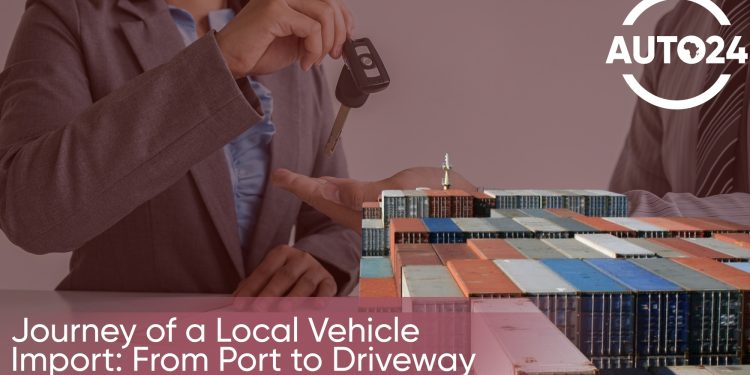What It Really Takes to Import a Car
Importing a vehicle into South Africa can be rewarding, but it’s not a quick or cheap process. For everyday buyers, understanding the paperwork, costs, and timelines involved is essential to avoid unexpected headaches. This guide breaks the process into clear, consumer-friendly steps, with practical tips and warnings at each stage.
1. Getting the Right Permissions
- What You Need: An import permit from the Department of Trade, Industry, and Competition (DTIC) and an approval from ITAC (especially for used vehicles).
- Tip: Apply early — paperwork delays can hold up your car for weeks at port.
- Warning: Without these permits, your car can be seized or refused entry.
2. Shipping Your Car to SA
- Options: Either ship via RoRo (Roll-On Roll-Off) for cheaper costs or in a sealed container for better protection.
- Timeline: 4–8 weeks, depending on the country of origin.
- Tip: Use a reputable shipping agent who can also advise on insurance.
3. Customs and Import Taxes
- What to Expect: Duties of around 25–30%, 15% VAT, and an ad valorem tax based on vehicle value and engine size.
- Extra Costs: Clearing agent fees, storage fees if your documents aren’t ready on time.
- Tip: Budget at least 30–40% of the vehicle’s value for taxes and fees.
4. Safety and Compliance Checks
- NRCS Approval: Your car must meet South African road standards.
- Possible Adjustments: Speedometer recalibration, lighting changes, or emission compliance.
- Roadworthy Test: Final safety check at a testing station.
- Tip: If your car fails, repairs must be made before it can be licensed.
5. Registering and Licensing
- What’s Required: Customs clearance documents, roadworthy certificate, and proof of identity.
- Outcome: You’ll receive a South African registration number and plates.
- Tip: Registration fees vary, so confirm with your local licensing office.
6. From Port to Driveway
- Timeline: The whole process takes about 8–12 weeks if everything goes smoothly.
- Costs: Shipping, duties, VAT, compliance checks, and registration all add up, easily pushing costs 30–40% above the purchase price.
- Tip: Hiring a professional clearing agent can save you both time and stress.
Conclusion: Plan Ahead to Avoid Surprises
While importing a car into South Africa offers access to unique or rare vehicles, it comes with strict rules and hefty costs. By knowing the steps — from permits and shipping to customs and licensing — you can avoid delays and make informed decisions. For most buyers, working with an experienced agent is the smartest way to ensure the journey from port to driveway is smooth.





